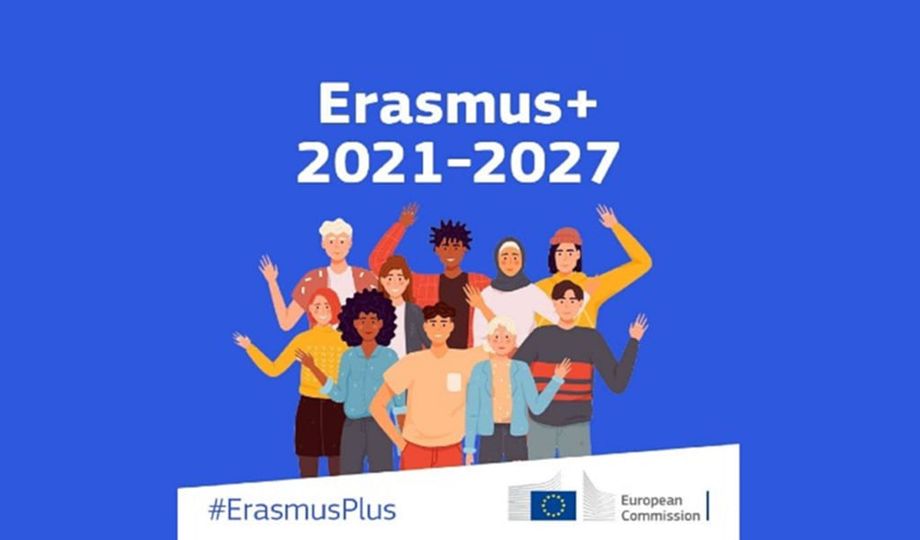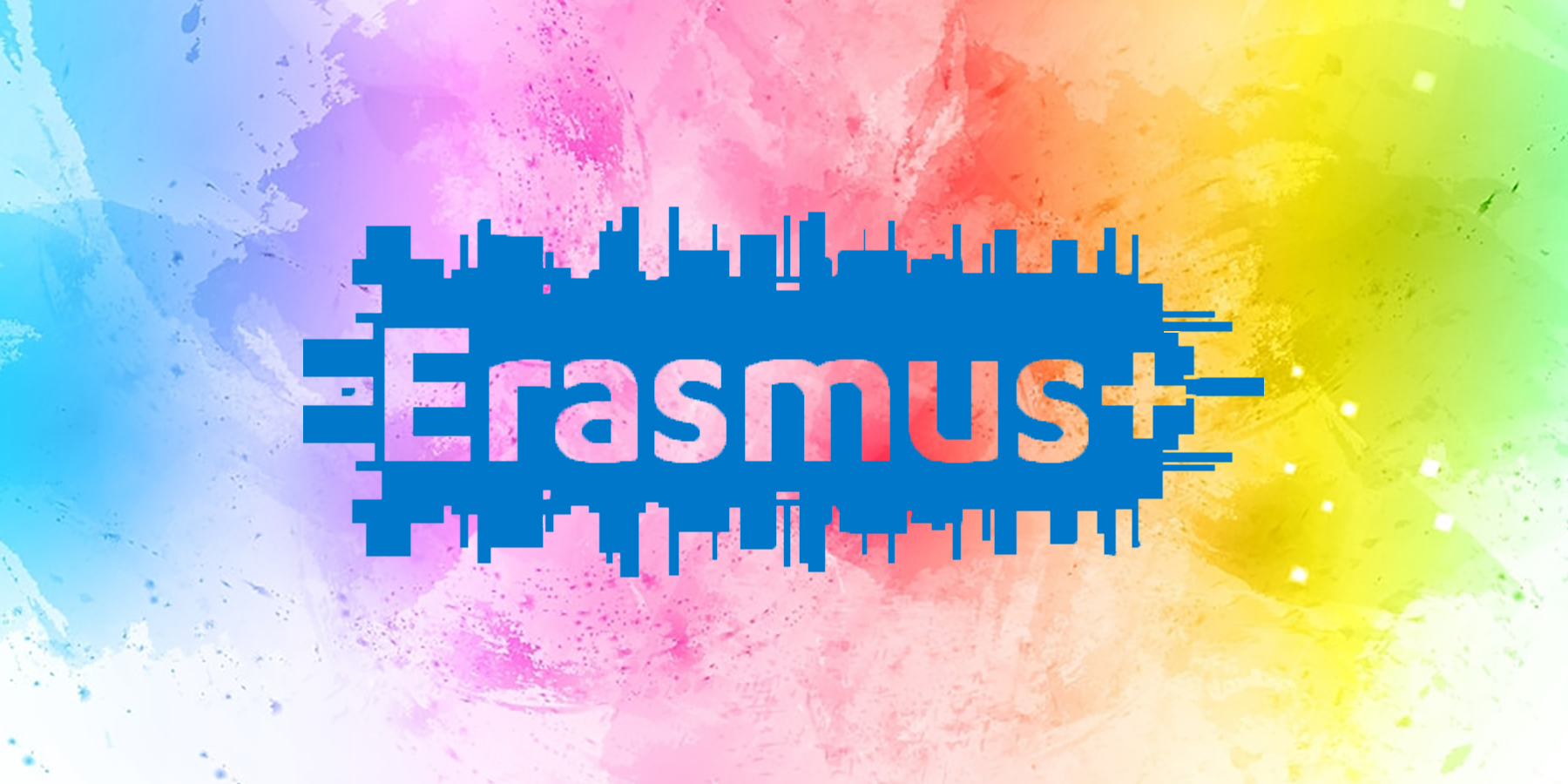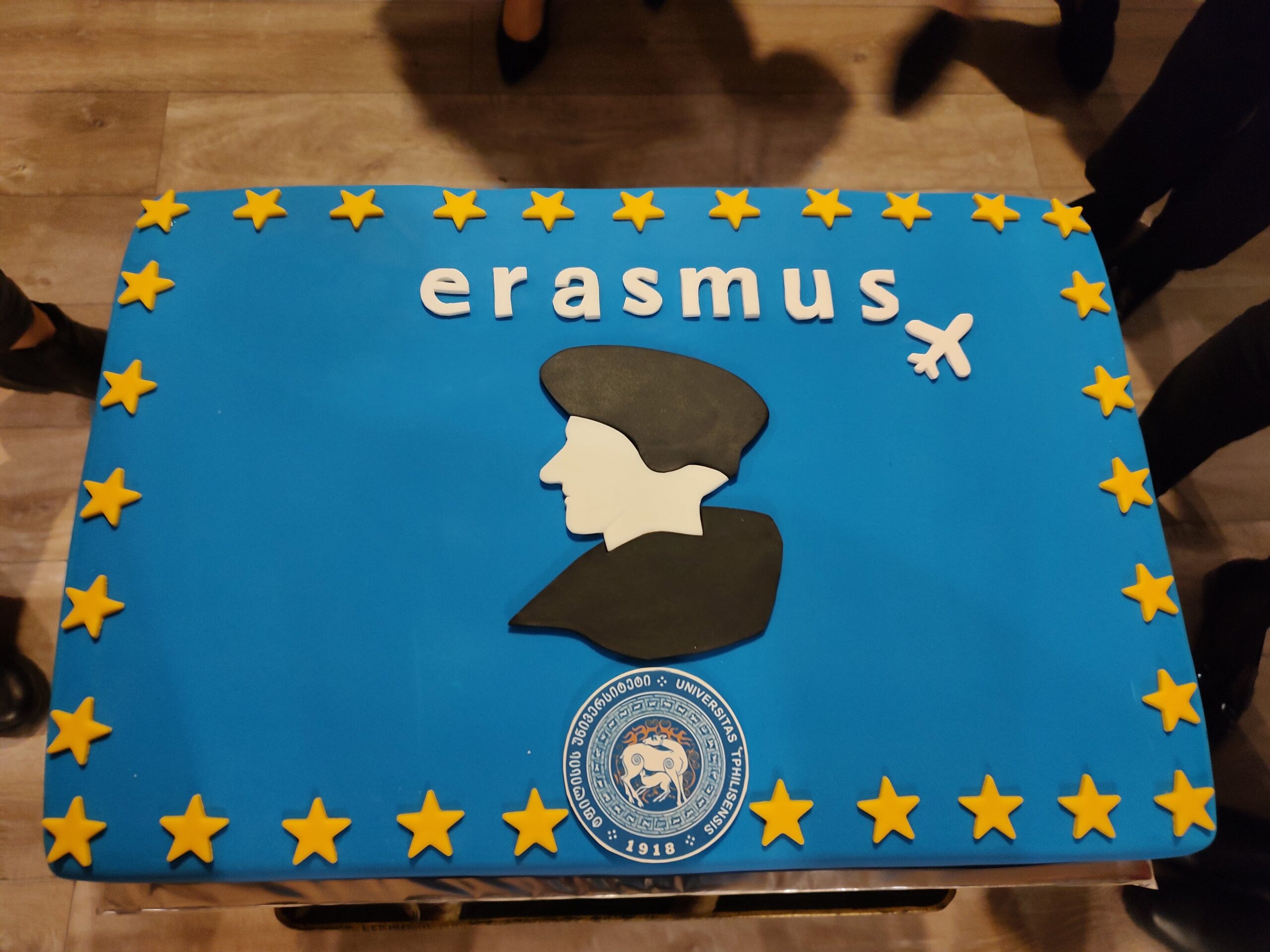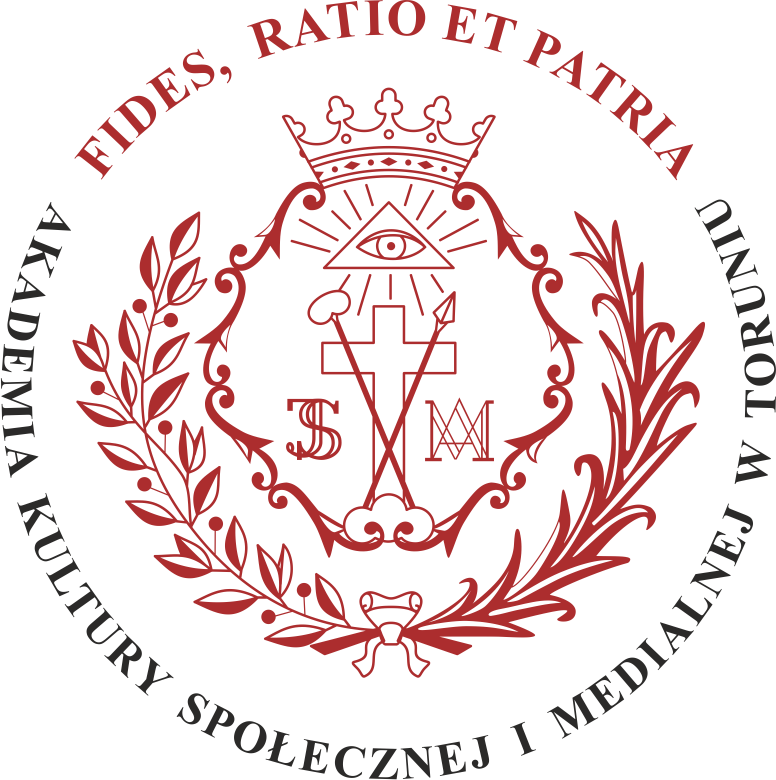The new Erasmus+ programme for 2021-2027 has launched!
The 2021-2027 Erasmus+ programme brings over €26.2 billion to support mobility and cooperation.
Details
Publication date
25 March 2021
The new 2021-2027 Erasmus+ programme has been launched. The first annual work programme and the 2021 call have also been published.
The Erasmus+ programme budget for 2021-2027 is €26.2 billion, compared with €14.7 billion for 2014-2020. This will be complemented by about €2.2 billion from the EU’s external instruments.
With this increased budget, Erasmus+ will be more inclusive, more digital, and greener.
The new Erasmus+ programme provides opportunities for study periods abroad, traineeships, apprenticeships, and staff exchanges in all fields of education, training, youth and sport. It is open to school pupils, higher education and vocational education and training students, adult learners, youth exchanges, youth workers and sport coaches.
In addition to mobility, which counts for 70% of the budget, the new Erasmus+ also invests in cross‑border cooperation projects. These can be between higher education institutions (e.g. the European Universities initiative); schools; teacher education and training colleges (e.g. Erasmus+ Teacher Academies); adult learning centres; youth and sport organisations; providers of vocational education and training (e.g. Vocational Centres of Excellence); and other actors in the learning sphere.
The main features of the Erasmus+ 2021-2027 programme are:
- Inclusive Erasmus+: providing enhanced opportunities to people with fewer opportunities, including people with diverse cultural, social and economic backgrounds, and people living in rural and remote areas. Novelties include individual and class exchanges for school pupils and mobility for adult learners. It will be easier for smaller organisations, such as schools, youth associations and sports clubs to apply, thanks to small-scale partnerships and the use of simplified grants. The programme will also be more international, to cooperate with third countries, building on the successes of the previous programme with exchanges and cooperation projects around the world, now also expanding to sport and the vocational education and training sectors.
- Digital Erasmus+: The pandemic highlighted the need to accelerate the digital transition of education and training systems. Erasmus+ will support the development of digital skills, in line with the Digital Education Action Plan. It will provide high-quality digital training and exchanges via platforms such as eTwinning, School Education Gateway and the European Youth Portal, and it will encourage traineeships in the digital sector. New formats, such as blended intensive programmes, will allow short-term physical mobility abroad to be complemented with online learning and teamwork. The implementation of the programme will be further digitalised and simplified with the full roll-out of the European Student Card.
- Green Erasmus+: In line with the European Green Deal, the programme will offer financial incentives to participants using sustainable modes of transport. It will also invest in projects promoting awareness of environmental issues and facilitate exchanges related to mitigating the climate crisis.
- Erasmus+ for young people: DiscoverEU now becomes an integral part of Erasmus+ and gives 18 year-olds the possibility to get a rail pass to travel across Europe, learn from other cultures and meet fellow Europeans. Erasmus+ will also support exchange and cooperation opportunities through new youth participation activities, to help young people engage and learn to participate in democratic life, raising awareness about shared European values and fundamental rights; and bringing young people and decision-makers together at local, national and European level.
The Erasmus+ resilience effort in the context of the pandemic will mobilise hundreds of thousands of schools, higher education institutions, vocational training institutes, teachers, young people, youth and sport organisations, civil society and other stakeholders. The programme will help accelerate new practices that improve the quality and relevance of education, training and youth systems across Europe, at national, regional and local level.
You can find more : https://www.eacea.ec.europa.eu/news-events/news/new-erasmus-programme-2021-2027-has-launched-2021-03-25_en










… [Trackback]
[…] Read More Info here to that Topic: ripec-project.eu/discussion/new-erasmus-programme-2021-2027-has-launched/ […]
… [Trackback]
[…] Read More on on that Topic: ripec-project.eu/discussion/new-erasmus-programme-2021-2027-has-launched/ […]
… [Trackback]
[…] Find More Info here to that Topic: ripec-project.eu/discussion/new-erasmus-programme-2021-2027-has-launched/ […]
… [Trackback]
[…] Here you can find 80711 more Info to that Topic: ripec-project.eu/discussion/new-erasmus-programme-2021-2027-has-launched/ […]
… [Trackback]
[…] There you will find 96418 additional Information to that Topic: ripec-project.eu/discussion/new-erasmus-programme-2021-2027-has-launched/ […]
… [Trackback]
[…] Read More Information here on that Topic: ripec-project.eu/discussion/new-erasmus-programme-2021-2027-has-launched/ […]
… [Trackback]
[…] Find More on on that Topic: ripec-project.eu/discussion/new-erasmus-programme-2021-2027-has-launched/ […]
… [Trackback]
[…] Find More Information here to that Topic: ripec-project.eu/discussion/new-erasmus-programme-2021-2027-has-launched/ […]
… [Trackback]
[…] Read More Information here on that Topic: ripec-project.eu/discussion/new-erasmus-programme-2021-2027-has-launched/ […]
… [Trackback]
[…] Read More on that Topic: ripec-project.eu/discussion/new-erasmus-programme-2021-2027-has-launched/ […]
… [Trackback]
[…] Find More to that Topic: ripec-project.eu/discussion/new-erasmus-programme-2021-2027-has-launched/ […]
… [Trackback]
[…] Information to that Topic: ripec-project.eu/discussion/new-erasmus-programme-2021-2027-has-launched/ […]
… [Trackback]
[…] Find More Info here to that Topic: ripec-project.eu/discussion/new-erasmus-programme-2021-2027-has-launched/ […]
… [Trackback]
[…] Information on that Topic: ripec-project.eu/discussion/new-erasmus-programme-2021-2027-has-launched/ […]
… [Trackback]
[…] Read More Information here on that Topic: ripec-project.eu/discussion/new-erasmus-programme-2021-2027-has-launched/ […]
… [Trackback]
[…] Find More Info here to that Topic: ripec-project.eu/discussion/new-erasmus-programme-2021-2027-has-launched/ […]
… [Trackback]
[…] Find More here to that Topic: ripec-project.eu/discussion/new-erasmus-programme-2021-2027-has-launched/ […]
… [Trackback]
[…] Read More on on that Topic: ripec-project.eu/discussion/new-erasmus-programme-2021-2027-has-launched/ […]
… [Trackback]
[…] Info to that Topic: ripec-project.eu/discussion/new-erasmus-programme-2021-2027-has-launched/ […]
… [Trackback]
[…] Info on that Topic: ripec-project.eu/discussion/new-erasmus-programme-2021-2027-has-launched/ […]
… [Trackback]
[…] Here you can find 61481 more Info to that Topic: ripec-project.eu/discussion/new-erasmus-programme-2021-2027-has-launched/ […]
… [Trackback]
[…] Find More on that Topic: ripec-project.eu/discussion/new-erasmus-programme-2021-2027-has-launched/ […]
… [Trackback]
[…] Find More here on that Topic: ripec-project.eu/discussion/new-erasmus-programme-2021-2027-has-launched/ […]